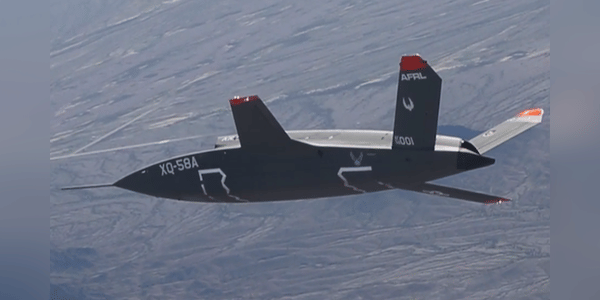In today's world, where security threats are constantly increasing, advanced defence technologies are becoming a key tool for ensuring national security. Autonomous systems, cybersecurity and satellite communications form the basis of modern military and civilian protection.

In recent years, some of these companies have enjoyed significant growth, not only in revenues but also in the number of major contracts with government organisations. Autonomous systems such as drones are becoming an increasingly common part of military operations, with their ability to minimise risk to human operators and ensure rapid deployment on the battlefield changing the face of modern warfare. With the growing demand for these technologies, these companies are becoming attractive not only in terms of technological advances but also investment opportunities.
Company introduction
Kratos Defense & Security Solutions $KTOS is an American company specializing in defense technology and security systems. The company…